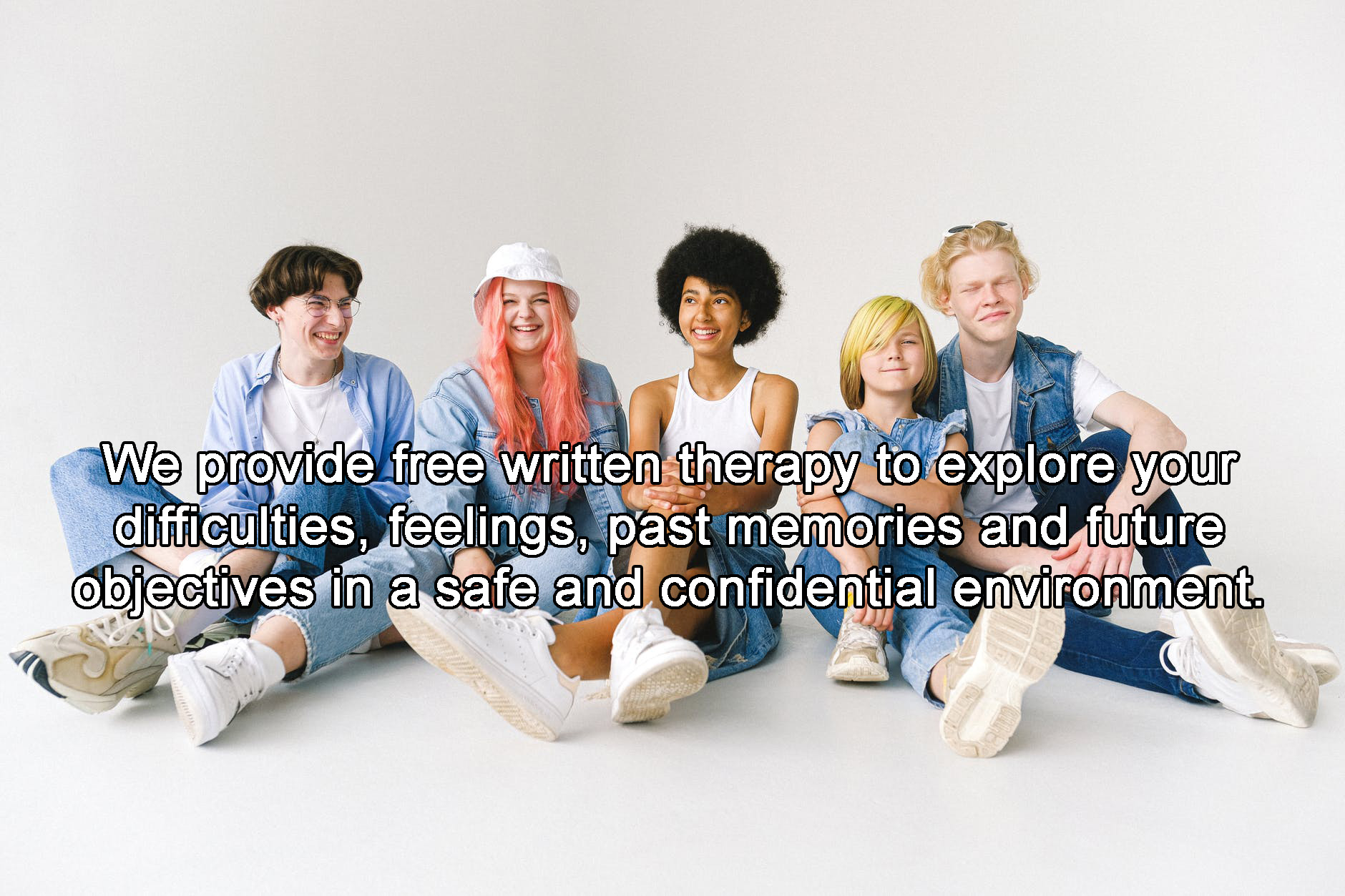
Therapy is a safe and non-judgemental space to project your thoughts and feelings. It’s a set of interventions and communicative experiences to enhance your wellbeing. They are physical, mental and emotional. We explore past memories, present emotions and future objectives over a few sessions. The process is to make you feel free and fresh. Its a results based approach. You will be able to direct your self-awareness to achieve positive impact and internal harmony.
How much information can the therapist/psychologist disclose about themselves?
It is a general code to keep the therapy one-directional. Therapists adhere to a client-centred approach to make sure the therapeutic sessions are directed towards your personal wellbeing. You can ask your therapist about their years of experience and other personal details but remember therapy is essentially about you. We aim to prioritise your wellbeing.
How does writing therapy help?
Writing about yourself stimulates parts of the brain that are not stimulated by talking. Talking helps express emotions better. You always have the backspace button with writing therapy which helps you use words that fit your situation to the best of your ability. It’s quite the same if you prefer to write with a pencil, you always have the eraser, right at the back. Language is the most essential mindfulness tool in therapy. Currently, we provide writing therapy only in English. This is mostly because your brain is positively impacted when it switches to a different language.
Expressive writing helps bring about self-awareness and mental rejuvenation. Since the left hemisphere of the brain is activated, you train your brain to to work efficiently without getting burnt-out. A relaxed and active brain helps reduce SAD symptoms (stress, anxiety & depression) and breaks creative blocks.
Hold a second. Is it the same as Written Therapy?
Both writing and written therapy are expressive therapies. However, how different therapists approach your situation at hand is slightly different. At any point of time in your written therapy you can request a one-to-one session with your therapist. Your therapist might be trained in Gestalt, Ganzfeld, Psychotherapy, CBT, MBT, REBT, ACT or other similar mix of words.
We provide Ganzfeld Effect Therapy which is a specialisation field of Gestalt Psychology. In writing therapy, you and your therapist always communicate in writing (sometimes anonymously) or through suggestions based journal therapy.
The process is quite simple with WHJ Written Therapy Online
- Write about the presenting problem or conflicting thought.
This refers to anything that is making you feel quite unbalanced in the last few days. Your therapist will personally ask you about the previous weeks, months, years and situations depending on your presenting problem. Some questions may be easy to answer and some others may require you to take some time to think. Be easy on yourself and remember this is a process. - Exchange emails with your therapist.
S/he will format your individual therapy plan along with our medical advisor. You will be given prompts to write about which will help your therapist understand you better and chart a therapy outline. You will be required to submit the Informed Consent. Through written therapy, you and your therapist will be able to keep a track of your Wellness and Health Journey intervention structure. - Discuss which issue specifically requires a one-to-one virtually session.
This will be for 30-60 minutes. Your therapist will ask you to elaborate on the specific issue. You will also practice with some self-touch and no-touch energetic healing tools and techniques. It is not necessary to schedule a virtual call with your therapist if you are not comfortable. - Before ending your therapy, discuss a date with to set targets to achieve personal goals.
The first and last written sessions are the most important since they shape your Wellness and Health Journey and also mark the time period of self-growth. You don’t want to miss the recap of your progress.
How does Written Therapy help prevent trauma?
SAD symptoms have a knack to induce trauma if not treated with therapy for a long period of time. Trauma is remembered by your body and sometimes forgotten by your brain. They can appear in other ways such as increased or decreased blood pressure, heart rate, body weight, body heat, unhealthy diet or mood swings. Do you have any of these symptoms or feel emotional blocks? If the answer is yes, you might have been exposed to trauma. Talk to your therapist about these symptoms or any other which are currently bothering you.
Your psychologist is your therapy specialist is your psychologist is your therapy specialist. Take a few extra seconds and read that again, but this time slowly.
Sometimes our family and friends can help us, sometimes they can’t. For those tricky feelings that stress, depress or make us anxious, we bring to you your Wellness and Health Journey FREE written therapy.


